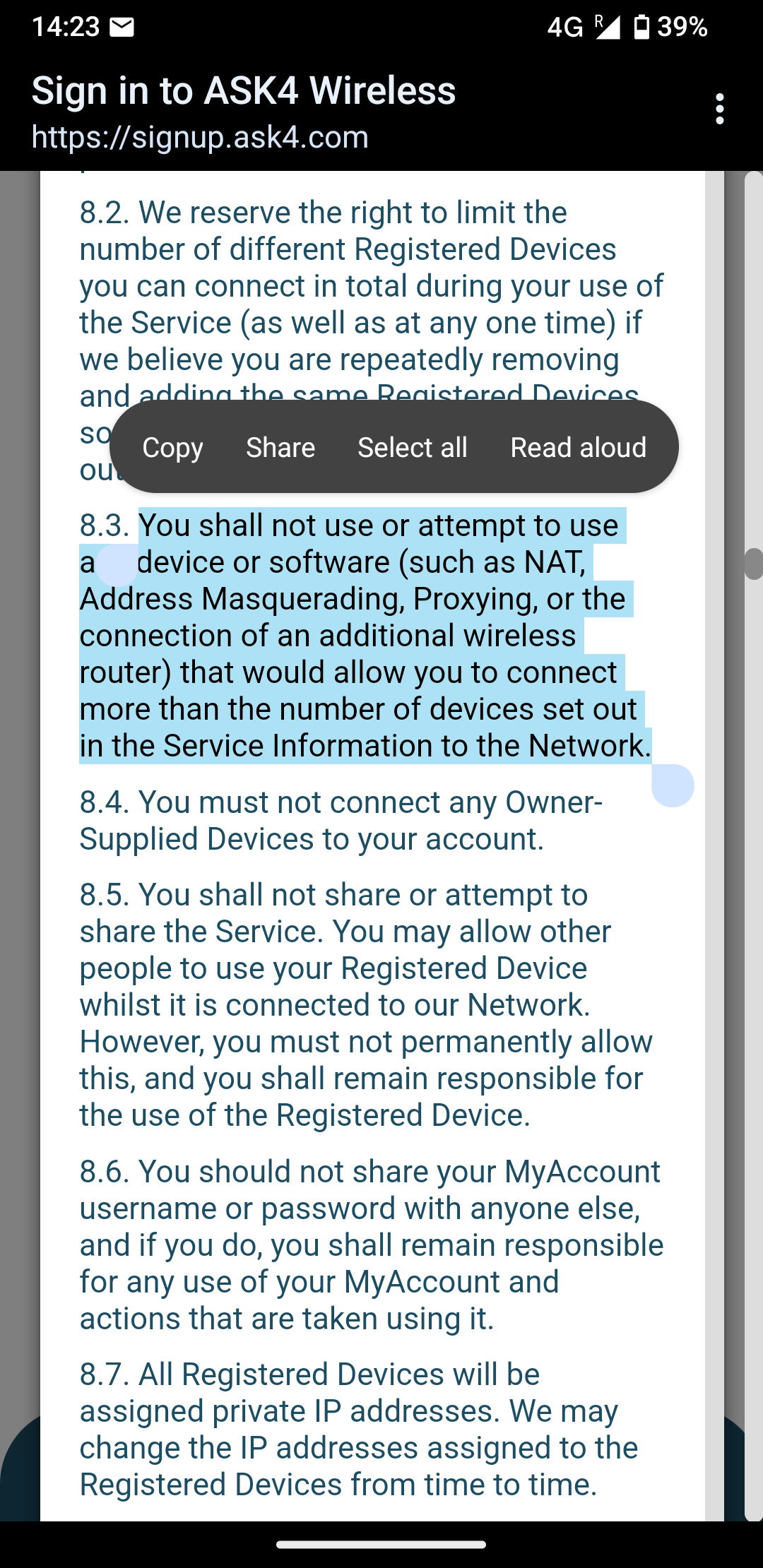this post was submitted on 07 Sep 2024
468 points (92.5% liked)
Technology
59055 readers
3164 users here now
This is a most excellent place for technology news and articles.
Our Rules
- Follow the lemmy.world rules.
- Only tech related content.
- Be excellent to each another!
- Mod approved content bots can post up to 10 articles per day.
- Threads asking for personal tech support may be deleted.
- Politics threads may be removed.
- No memes allowed as posts, OK to post as comments.
- Only approved bots from the list below, to ask if your bot can be added please contact us.
- Check for duplicates before posting, duplicates may be removed
Approved Bots
founded 1 year ago
MODERATORS
you are viewing a single comment's thread
view the rest of the comments
view the rest of the comments

Most commercial networks systems have the ability to detect rogue access points by analysing the radio spectrum, and hiding the SSID will not avoid detection once traffic starts flowing to it.
And they can triangulate the position of the rogue AP.
Interesting about hiding SSIDs, I never knew why that option existed. I'm here on Erasmus so I don't want to risk too much by knowingly breaking rules... them triangulating it to my room and starting a legal case or something sounds real scary.
Also, connecting an access point that doesn't broadcast its SSID has another side effect: all devices configured to connected to it will periodically broadcast a signal to search for that hidden AP instead, so it makes you even easier to track down anywhere else.
That's assuming they're actively looking. Hiding your SSID is more to prevent someone from getting suspicious and calling out the ISP.